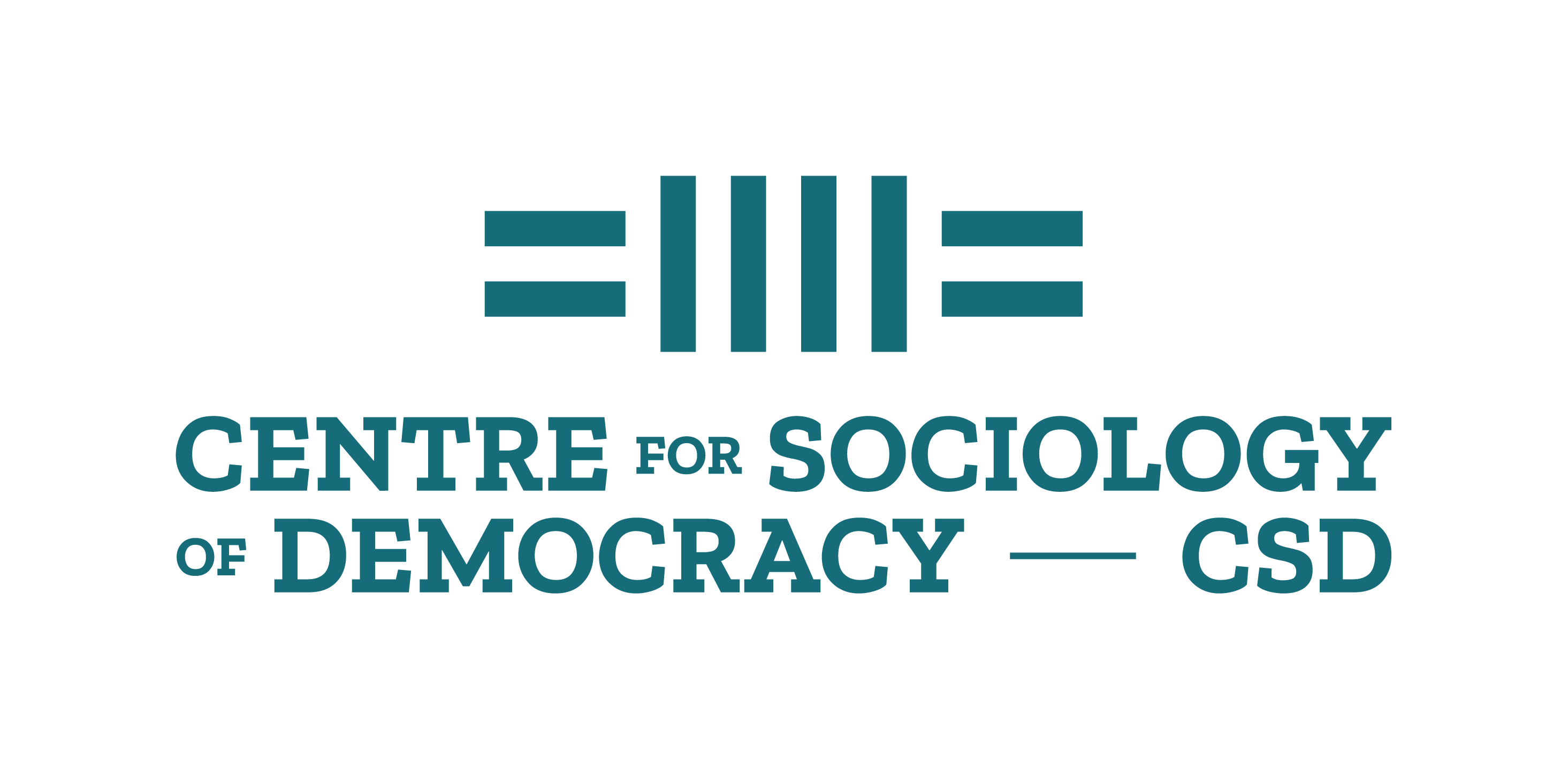
The Centre for Sociology of Democracy studies democracy in modern societies. Our projects deal with democracy from different perspectives and with different methods.
»
Recent News & Blog Posts
Tutkija-kirjailija Lotta Junnilaisen kirjassa kuvataan kahden vuokratalolähiön arkea. Teos on tutkimus suomalaisen yhteiskunnan eriarvoistumisesta ja kaupunkien eriytymisestä. Se on kuvaus niukkuudesta, epävarmuudesta ja turhautumisesta, mutta myös yhteisöllisyydestä ja solidaarisuudesta.
In her article, published in the British Journal of Sociology in 2018, Eeva Luhtakallio argues that in order to analyse democracy as a pattern constantly processed in a given society, it is useful to look at activist groups’ agenda setting and recruitment principles, group bonds and boundaries, and how these actions direct and influence ways of creating the common. Based on an ethnographic study on bicycle activism in Helsinki, Finland, the article describes a local critical mass movement that was successful in promoting a bicycle friendly and sustainable city, yet dissolved due to lack of people involved, and the bicycle demonstrations stopped at a moment of high public interest.
Two-day seminar, Tampere University
Veikko Eranti’s article in European Journal of Cultural and Political Sociology 5(1-2), 2018 argues that the way the sociology of engagements is currently formulated does not sufficiently allow for analysing public participation and disputes in situations where individual interests play a crucial role in public debates. The article presents a slight reformulation of what Thévenot calls the grammar of individuals in a liberal public (sic), based on a) an understanding of how individual interests relate to the common good and general will, b) the constitution of legitimate actors within polities, and c) the separation between the levels of generality and publicity. This reformulation might be called the grammar of individual interests, clarifying and simplifying earlier terminology.
- « Previous
- 1
- …
- 3
- 4
- 5
Group formation, styles, and grammars of commonality in local activism
In her article, published in the British Journal of Sociology in 2018, Eeva Luhtakallio argues that in order to analyse democracy as a pattern constantly processed in a given society, it is useful to look at activist groups’ agenda setting and recruitment principles, group bonds and boundaries, and how these actions direct and influence ways of creating the common. Based on an ethnographic study on bicycle activism in Helsinki, Finland, the article describes a local critical mass movement that was successful in promoting a bicycle friendly and sustainable city, yet dissolved due to lack of people involved, and the bicycle demonstrations stopped at a moment of high public interest.

In her article, published in the British Journal of Sociology in 2018, Eeva Luhtakallio argues that in order to analyse democracy as a pattern constantly processed in a given society, it is useful to look at activist groups’ agenda setting and recruitment principles, group bonds and boundaries, and how these actions direct and influence ways of creating the common. Based on an ethnographic study on bicycle activism in Helsinki, Finland, the article describes a local critical mass movement that was successful in promoting a bicycle friendly and sustainable city, yet dissolved due to lack of people involved, and the bicycle demonstrations stopped at a moment of high public interest. This empirical puzzle is addressed by combining three theoretical perspectives: Kathleen Blee’s work on path dependencies in nascent activist groups; Nina Eliasoph and Paul Lichterman’s work on group styles, and Laurent Thévenot’s work on the grammars of commonality. These theoretical tools help understand the sense of what is deemed possible, desirable and feasible in activist groups, and the consequences thereof to social movement ‘success’ and ‘failure’. The article claims that everyday practices and interaction are crucial in understanding the ‘democratic effects’ of social movements. It concludes that following specific processes of politicization and their conditionings in activist groups provides keys to understanding contextual differences in democracies without resorting to methodological nationalism or to exaggerated global isomorphism, and thus may contribute to figuring out how to succeed global action plans over wicked, pressing problems like global warming.



